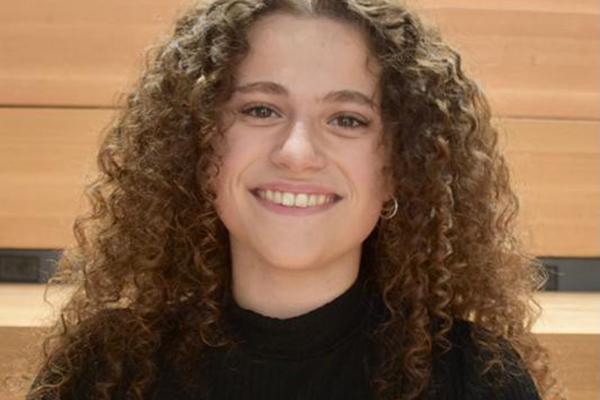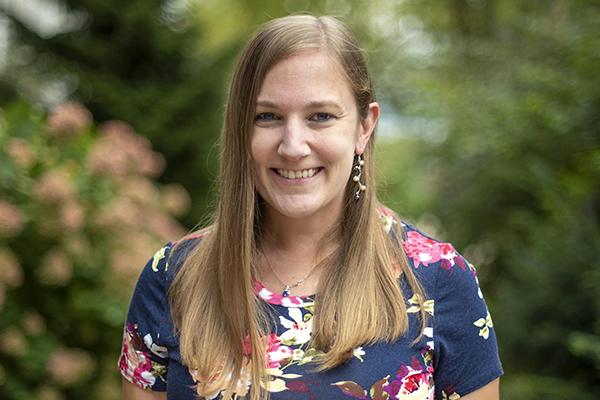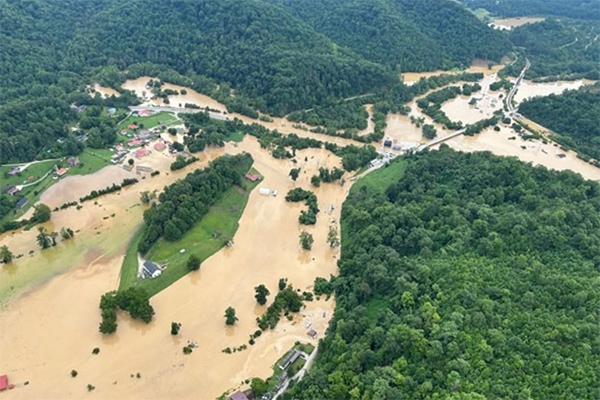Sustainability is a strategic initiative in the College of Earth and Mineral Sciences. Below are the most current stories showcasing our college's sustainability efforts.
Subscribe to the Sustainability News listsesrv
New subscribers can join by sending mail to: L-EMS-SUSTAINABILITY-COUNCIL-NEWS-subscribe-request@lists.psu.edu

News
Eight research projects have been selected for support from the Penn State Commercialization GAP Fund, including two by faculty in the John and Willie Leone Family Department of Energy and Mineral Engineering.
Six Penn State students recently won a first-place award in the U.S. Department of Energy’s (DOE) Solar District Cup division, the second consecutive first-place division win for the University.
Data that has been lost in the weeds — or more accurately the turfgrass — could help improve estimates of carbon dioxide emissions from urban areas, according to a team led by scientists at Penn State.
Penn State is offering two new graduate certificates in its energy and sustainability portfolio that can help professionals seeking to play a role in the global shift towards sustainable energy solutions.
Two Penn State students are playing an instrumental role in helping the city of Allentown, Pennsylvania, develop its first climate action plan.
The Penn State Department of Geography will conclude its spring 2025 Coffee Hour lecture series with a talk by Jessica Omukuti, senior research fellow at the University of Oxford’s Institute for Science, Innovation and Society and Oxford Net Zero.
To protect against rising sea levels in a warming world, coastal cities typically follow a standard playbook with various protective infrastructure options. For example, a seawall could be designed based on the latest climate projections, with the city officials then computing its cost-benefit ratio and proceeding to build, accordingly.
As an undergraduate student at Penn State, Olivia DiPrinzio discovered a passion for sustainability and pursued it to help transform the University’s approach to sustainability education.
Brandi Robinson, associate teaching professor in the College of Earth and Mineral Sciences, has received the 2025 Penn State Award for Community Engagement and Scholarship for her work on the Local Climate Action Program.
Readily available but underused Doppler radar data can help predict the height of the planetary boundary layer — the lowest part of the atmosphere and where weather forms — and, in turn, improve severe weather forecasts, according to scientists at Penn State.











